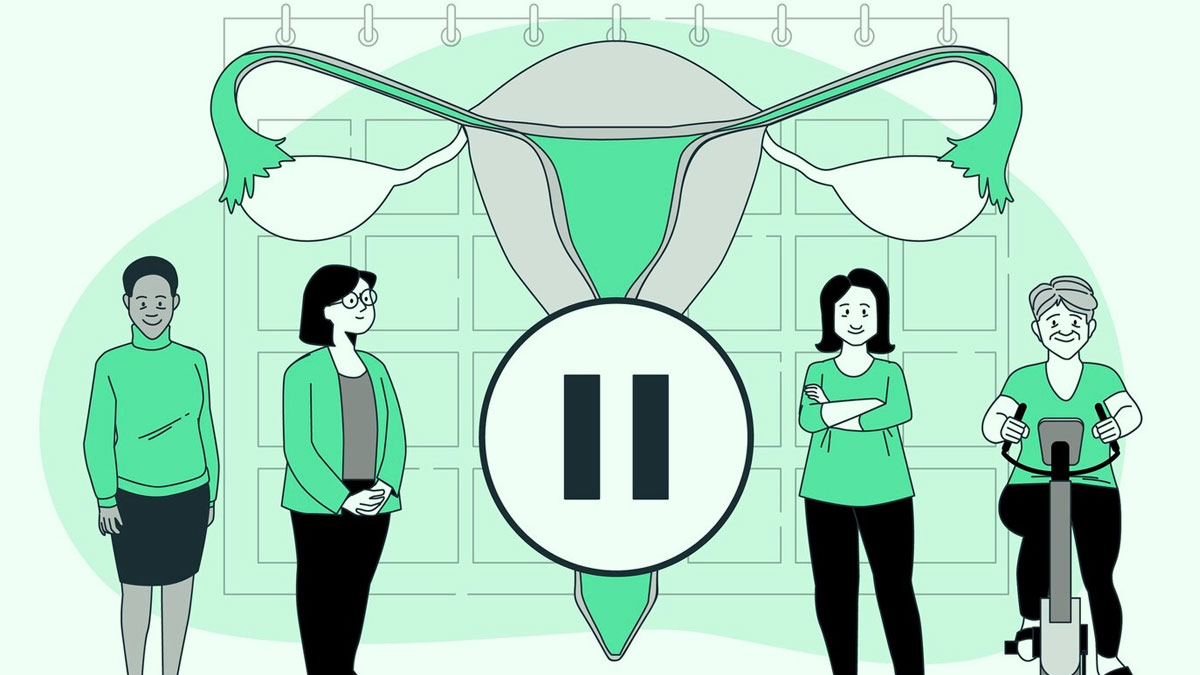
Post menopause is the period following menopause in which a woman has not had her menstrual cycle for longer than 12 months. Your oestrogen levels fall throughout this phase, and you no longer ovulate. All of the menopausal symptoms you were experiencing may become minimal or entirely disappear. However, for some people, the symptoms last for a long time. As oestrogen levels fall, women face health issues such as poor metabolism, an increased risk of heart disease, and bone weakness, which can lead to osteoporosis, among others.
Table of Content:-
6 Health Issues Women May Face After Menopause
In an exclusive interaction with OnlyMyHealth Dr.Rachna Verma, Sr.Consultant Gynaecology, Indian Spinal Injuries Centre elucidate the six most comoon health issues a woman may face after her menopause.
1. Heart Diseases
While menopause itself has no effect on heart health, reduced oestrogen levels have an effect on blood vessels as menopause approaches. Low oestrogen hormone levels may cause cholesterol buildup on artery walls, increasing the risk of heart disease. Hot flushes, sadness, and sleep difficulties are all factors that contribute to heart disease.
2. Osteoporosis
Osteoporosis is a disease in which the bones become fragile and easily fractured as a result of a low oestrogen level in the body. According to the American College of Obstetricians and Gynecologists (ACOG), the oestrogen hormone protects women's bones, but after menopause, the body generates less oestrogen, causing accelerated bone loss in women that begins a year before the last menstruation period. Ageing can also have an impact on the bones.
3. Weight Gain
The body loses tissue mass and gains fat during menopause. This occurs due to the hormonal changes, the body accumulates fat and burns fewer calories. This weight gain may increase the likelihood of acquiring type 2 diabetes.
Also read: ADHD In Children: Types And Symptoms

4. Urinary Tract Infection (UTI)
Low oestrogen levels have an effect on vaginal tissue, which can become thin and dry. This may facilitate bacterial growth, resulting in urinary tract infection (UTI).
5. Urine Incontinence
The tissues of the vagina and urethra lose flexibility with age and menopause. This might cause a sudden and severe urge to pee as well as involuntary urine leakage. Many women have a mixture of both.
6. Mental health Problems
Many postmenopausal women report moodiness, anxiety, and depression. This could be due to stress, sexual tension, or other life issues that arise during this period. Some people are depressed because their reproductive years are over. Reduced hormone levels might also create mood problems.
You will be at this stage for the rest of your life when you hit postmenopause. Your hormone levels will remain low, and you will not experience a monthly period. Because your ovaries have stopped producing eggs, you are unable to become pregnant.
Also watch this video
How we keep this article up to date:
We work with experts and keep a close eye on the latest in health and wellness. Whenever there is a new research or helpful information, we update our articles with accurate and useful advice.
Current Version